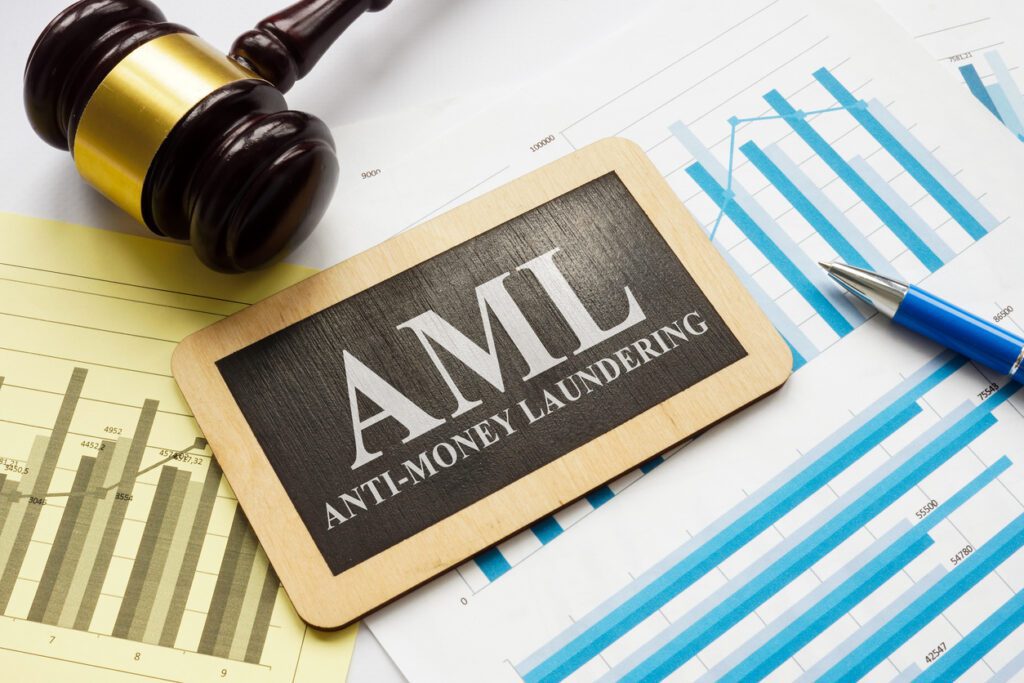
Addressing the Perils of Politically Exposed Persons (PEPs)
Developing risk-based processes to identify PEPs among your customers and establish internal controls to fulfill your ethical duties
We help you do your part in thwarting financial crimes perpetrated by PEPs.
Having Politically Exposed Persons (PEPs) among your customer base adds an extra layer of risk that you’re responsible for controlling.
No financial institution is immune, and even small, rural banks can provide a platform for those looking to conduct illicit financial transactions.
Our team helps you institute a risk-based approach to addressing PEP-related challenges. That includes developing risk profiles of your customers and verifying and screening PEPs by reviewing your automated monitoring software models. We also measure the effectiveness of our testing and evaluate your bank’s procedures for escalating potential matches.
If you have PEP customers, we assess the level of risk they – and their family members and associates – bring.
Our process entails evaluating prospective PEPs’ position – their prominence, official responsibilities, and access to government assets, for instance – looking at the products and services they use, and the volume and nature of their transactions.
The enhanced due diligence that we recommend ensures that your bank isn’t inadvertently aiding someone in carrying out financial crime – bribery, blackmail, money laundering, or something else.
We provide insight on ways to identify potential PEPs during customer onboarding and advise you on the ongoing reviews and routine monitoring that should be in place – periodic reviews of PEP’s accounts, for example – to help you detect unusual activity that may expose the bank to unnecessary risk.
In addition, we evaluate what the examiners evaluate, ensuring that your PEP-related internal controls are appropriate and effective, will satisfy examiners, and uphold your ethical obligations.
TCA designs A Better Way for you to create best practices to address your PEP-related obligations and prevent your bank from being used for illicit financial activity.
Key deliverables include:
- Developing an efficient way to review and monitor PEP screening alerts
- Advising on customer onboarding methods that will help you know your customers and identify potential PEPs
- Helping you do your part in identifying and preventing financial crimes perpetrated by PEPs
- Creating and updating case files on likely PEPs to document relevant information for any future investigations
Politically Exposed Persons
Time to Make New Year’s AML/CFT Resolutions
While many of us will be making personal resolutions for the New Year for personal self-improvement goals, AML/CFT Officers should consider a few resolutions that are geared towards their AML/CFT Programs. TCA – A Better Way!
Beneficial Ownership Injunction
With the deadline for reporting entities to register their beneficial ownership information (BOI) with FinCEN’s Beneficial Ownership Secure System (BOSS) just three weeks away, the U.S. District Court of Eastern Texas issued a preliminary injunction blocking the implementation of the Corporate Transparency Act (CTA) citing that the Act is unconstitutional. TCA – A Better Way!
Updates to OFAC’s Compliance Hotline Impact to Financial Institution’s Policies and Procedures
On August 2, 2024, OFAC announced changes to its Compliance Hotline. TCA recommends that financial institutions review their policies and procedures related to OFAC to remove references to OFAC’s retired contact methods. TCA – A Better Way!
AML Programs and Recent Consent Orders: What Questions Should you be Asking?
Last year’s news headlines screamed about financial crimes: the riveting cryptocurrency saga of Sam Bankman-Fried (SBF), Binance’s landmark $4.3 billion settlement with the Department of Treasury, and Deutsche Bank’s additional fines for anti-money laundering and sanctions failings. Other noteworthy stories entailed a parade of cybercrimes like ransomware and email scams. For those working in the […]
Planning for a Successful Automated Monitoring System (AMS) Validation by Understanding Common Findings
Your AMS plays a crucial role in helping financial institutions detect and prevent illicit activities. However, to ensure the effectiveness and compliance of these solutions, regular model validations are necessary and prescribed by Guidance on Model Risk Management from the prudential regulators. During validations, common findings often emerge and highlight opportunities for improvement. Here, TCA […]
Your Dream AML/CFT Home Starts with Good Bones
Build A Solid Foundation That Will Help You Detect and Combat Financial Crimes Prospective homebuyers want properties with “good bones,” whether buying new construction loaded with smart technology or a 200-year-old historic farmhouse that needs tender loving care. Good bones assure buyers that a property is structurally sound, provides a safe environment, and will be […]










